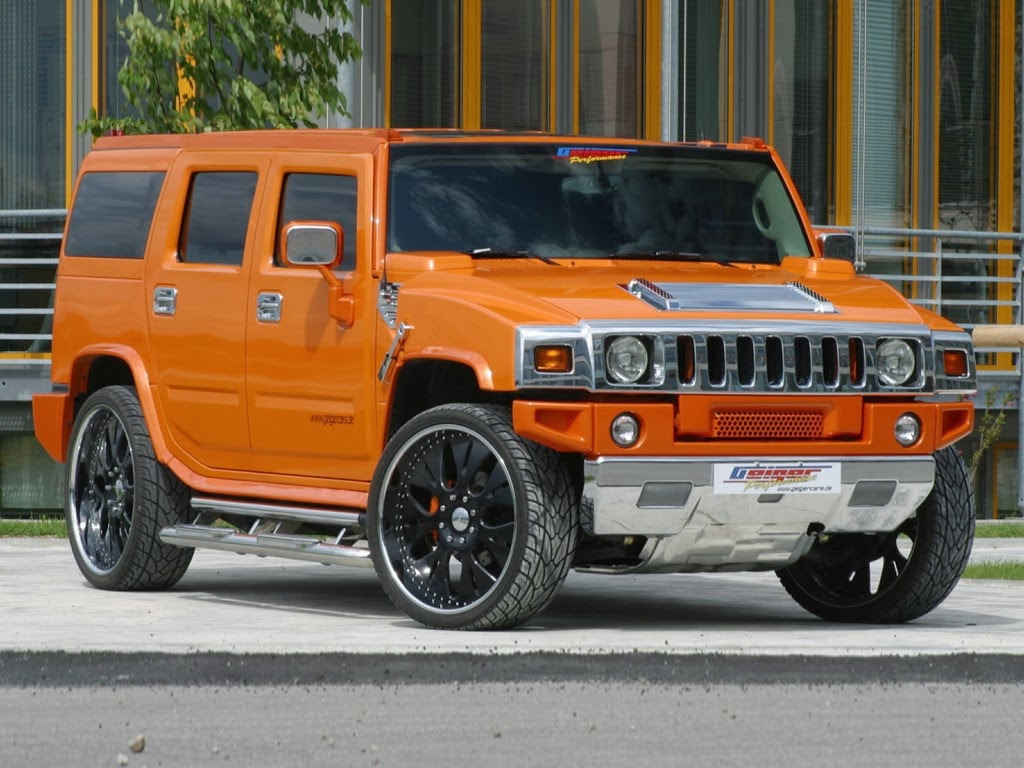HUMMER vehicles were designed and built to travel to the ends of the earth and let you test your limits when you get there. And while they are no longer being made, HUMMERS are still some of the most versatile vehicles on the planet, letting you connect with the outdoors in ways you never dreamed possible. Plus, each HUMMER model is distinctly unique. Just like the people who drive them, Though no longer in production, the HUMMER H3 is proof positive that good things can come in small packages. Even if you are a HUMMER. Of course, to belong to the HUMMER SUV family, you not only have to look the part, you also have to live up to the off road 4x4 reputation that the family made famous. And with its fully welded steel frame, 9.7 inches of ground clearance and full undercarriage protection.
Hummer was a brand of trucks and SUVs, first marketed in 1992 when AM General began selling a civilian version of the M998 Humvee. In 1998, General Motors (GM) purchased the brand name and marketed three vehicles: the original Hummer H1, based on the Humvee; and the H2 and H3 models that were based on smaller, best civilian market GM platforms.
The original Hummers were first designed by AM General Corporation, a wholly owned subsidiary of American Motors (AMC), and built in its Mishawaka, Indiana, assembly plant. In 1979, the United States Army was seeking contractors for a new "High Mobility Multi Purpose Wheeled Vehicle" which could follow the tracks and ruts of full size army trucks (HMMWV). Among the four competitors for the contract, AM General designed an entirely new vehicle to meet the Army's requirements. In less than one year, it was the first to deliver a prototype vehicle. Initial production versions were delivered to the Army's proving grounds in April 1982.
All Hummer production: AM General Hummer H1 Assembly Plant, AM General Hummer H2 Assembly Plant, General Motors South Africa Struandale Assembly Plant, General Motors Shreveport Operations, Avtotor Kaliningrad, Size: Hummers (specifically the H1 and H2) are significantly bigger than other SUVs; this can cause problems parking, driving and fitting in a garage. Their large size may also pose a serious threat to smaller vehicles, Safety: Crash data for Hummers is less complete than for other SUVs. As a Class 3 truck, the Hummer is exempt from many DOT safety regulations.[39] The H1 lacks standard safety features, including child safety locks, child seat tethers, side air bags, and stability control. Large blind spots make parking difficult and possibly dangerous, Drivers: A one year study, conducted by a firm that provides statistical information to insurance companies, found that drivers of H2 and H3 Hummers receive about five times as many traffic tickets as the national average for all vehicles (standardized based on the number of violations per 100,000 miles driven).
Hummer was a brand of trucks and SUVs, first marketed in 1992 when AM General began selling a civilian version of the M998 Humvee. In 1998, General Motors (GM) purchased the brand name and marketed three vehicles: the original Hummer H1, based on the Humvee; and the H2 and H3 models that were based on smaller, best civilian market GM platforms.
The original Hummers were first designed by AM General Corporation, a wholly owned subsidiary of American Motors (AMC), and built in its Mishawaka, Indiana, assembly plant. In 1979, the United States Army was seeking contractors for a new "High Mobility Multi Purpose Wheeled Vehicle" which could follow the tracks and ruts of full size army trucks (HMMWV). Among the four competitors for the contract, AM General designed an entirely new vehicle to meet the Army's requirements. In less than one year, it was the first to deliver a prototype vehicle. Initial production versions were delivered to the Army's proving grounds in April 1982.
All Hummer production: AM General Hummer H1 Assembly Plant, AM General Hummer H2 Assembly Plant, General Motors South Africa Struandale Assembly Plant, General Motors Shreveport Operations, Avtotor Kaliningrad, Size: Hummers (specifically the H1 and H2) are significantly bigger than other SUVs; this can cause problems parking, driving and fitting in a garage. Their large size may also pose a serious threat to smaller vehicles, Safety: Crash data for Hummers is less complete than for other SUVs. As a Class 3 truck, the Hummer is exempt from many DOT safety regulations.[39] The H1 lacks standard safety features, including child safety locks, child seat tethers, side air bags, and stability control. Large blind spots make parking difficult and possibly dangerous, Drivers: A one year study, conducted by a firm that provides statistical information to insurance companies, found that drivers of H2 and H3 Hummers receive about five times as many traffic tickets as the national average for all vehicles (standardized based on the number of violations per 100,000 miles driven).







Post a Comment